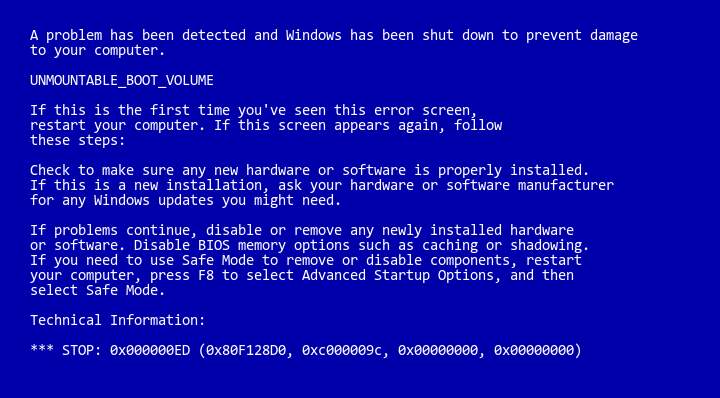
1) Run Check Disk
The BSOD you meet can result from errors on your hard drive. You can run the disk checking tool built in Windows 7 with Command Prompt to fix the errors. a) Click on Start menu, and type “cmd“. Right-click on CMD in the result and select Run as administrator.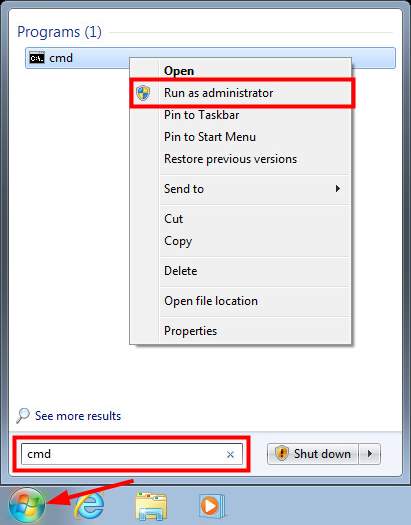 b) Click on Yes when you are prompted. And then Command Prompt will open.
b) Click on Yes when you are prompted. And then Command Prompt will open.
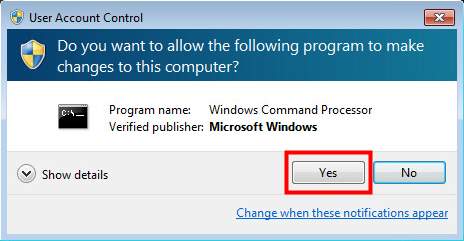
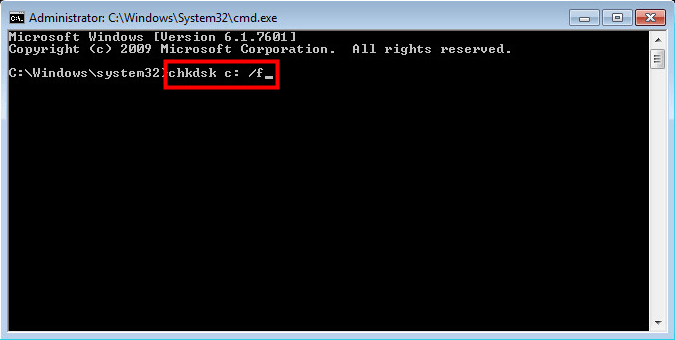
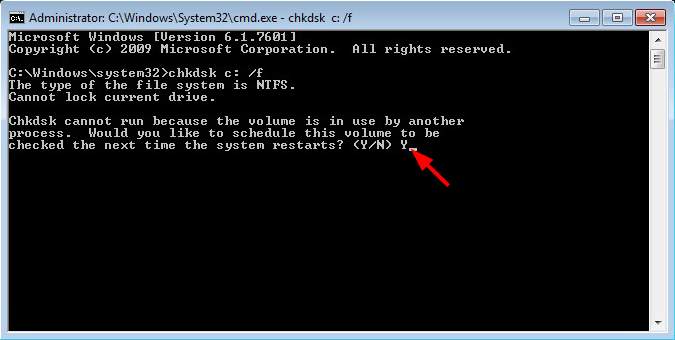
2) Install Updates
The Windows 7 you are using may have some flaws that lead to BSOD issues. You can patch up these flaws by installing updates of Windows 7 provided by Microsoft. a) Click on Start menu and then on Control Panel.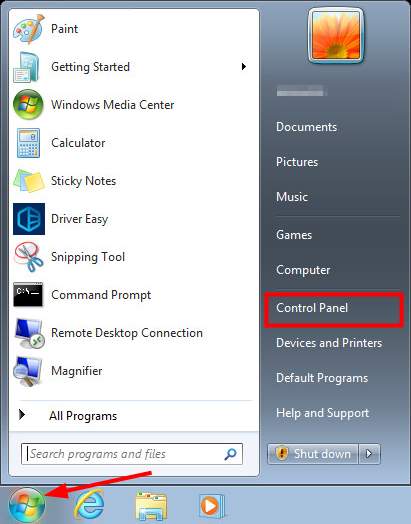
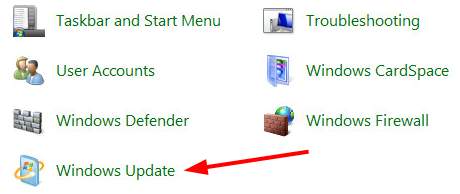
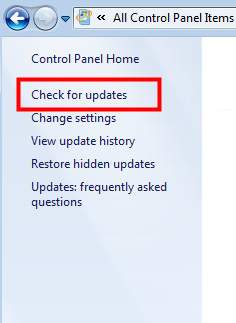
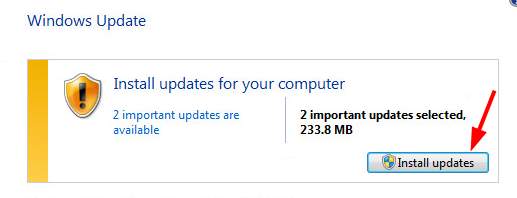
3) Update drivers
Device drivers are essential programs operating the devices on your computer. Problematic drivers can usually cause various computer problems, including Blue Screen of Death. Once you come across these problems, it is necessary for you to update drivers on your computer. To update drivers, we recommend you using Driver Easy. It is a professional driver tool designed for computer novices. With Driver Easy, you can easily update your drivers without worrying about making mistakes. It can help you find the latest and credible drivers suitable for your operating system. You can update your drivers with either Free or Pro version of Driver Easy. But the Pro version can help you update multiple drivers automatically with just TWO clicks. a) Download and install Driver Easy. b) Open the program and hit Scan Now. Outdated drivers will be detected in a few seconds.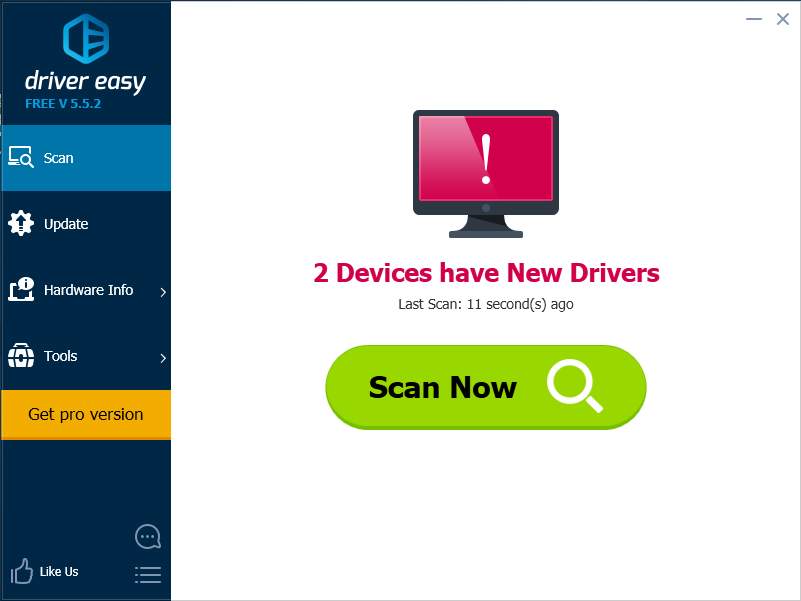
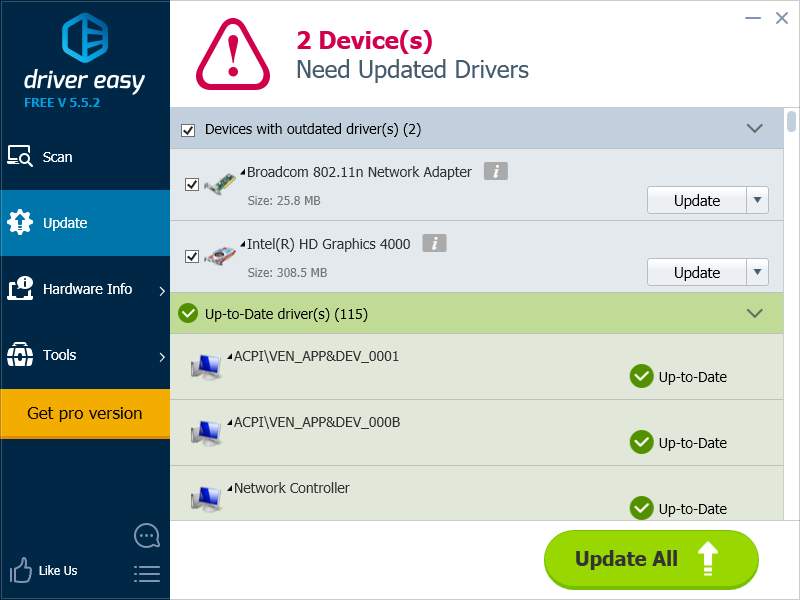
4) Run Startup Repair
Sometimes BSOD problems can be fixed by running Startup Repair. To do this you need to use the Windows 7 installation media you have prepared. a) Put the Windows installation media into your computer. Then boot your computer from it. (If you don’t know how to do this, please check this guide.) b) After selecting the language and region, select Repair your computer.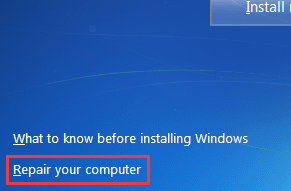 c) Then select Startup Repair.
c) Then select Startup Repair.
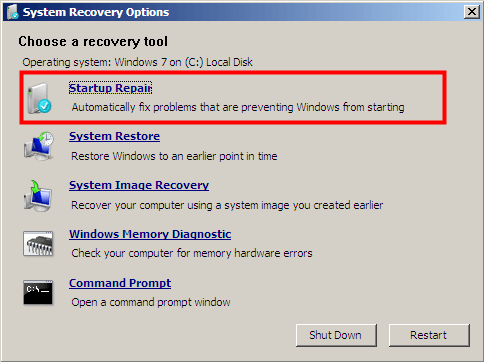
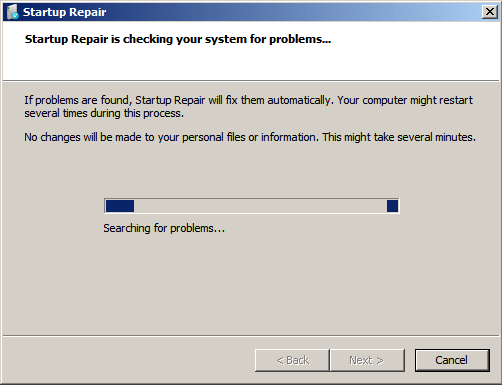
5) Restore your system
There may be some faulty files or configurations on your system that result in some BSOD problems. (You can restore your operating system to a backup you have created.) a) Repeat the steps a and b in method 4. b) Select System Restore.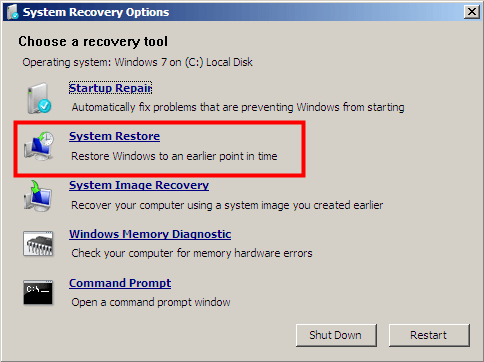
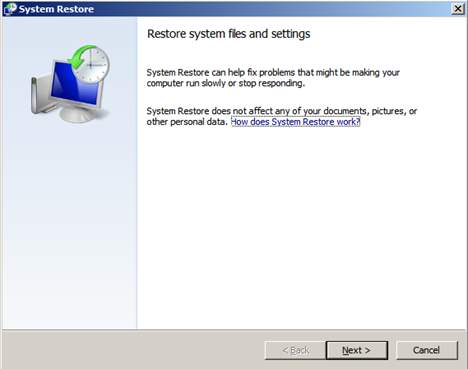
6) Run Memory Diagnostic
Your RAM (Random-access memory) is also the hardware that can cause Blue Screen of Death. To identify issues on your RAM, you can run Windows Memory Diagnostic. a) Repeat the steps a and b in method 4. b) Click on Windows Memory Diagnostic.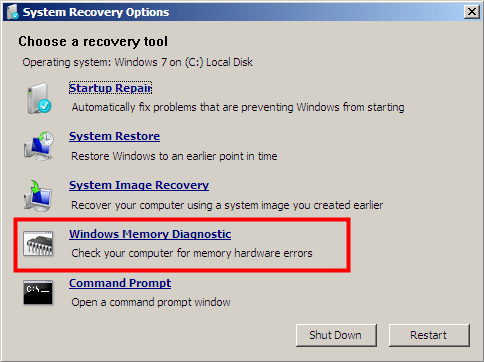
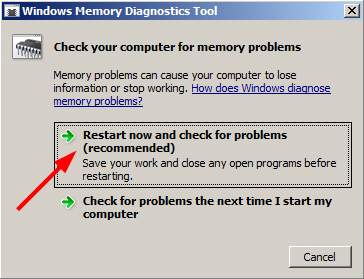
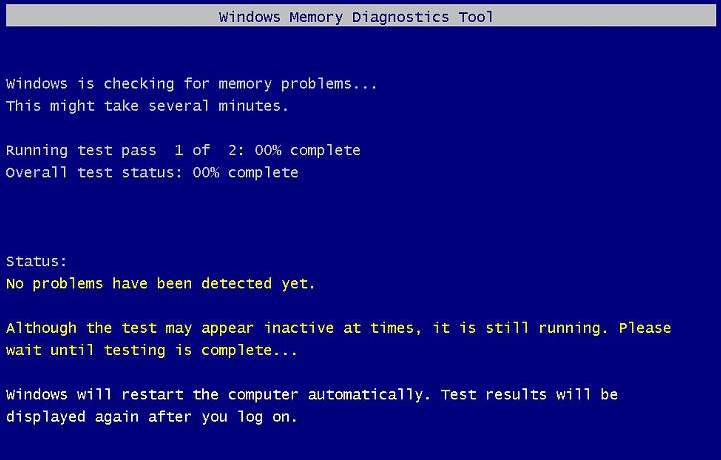
7) Fix MBR
MBR (Master Boot Record) is the information on your hard disk that identifies your operating system. It is essential for the system to boot normally. If this information corrupts, it can lead to serious problems, including Blue Screen of Death. To fix MBR, you can perform the steps below. a) Repeat the steps a and b in method 4. b) Select Command Prompt.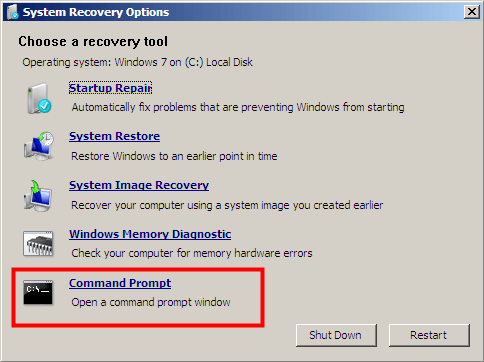
bootrec /fixmbr bootrec /fixboot bootrec /scanos bootrec /rebuildbcd
d) Exit Command Prompt and restart your computer. If your BSOD is caused by faulty MBR, the problem should be fixed now.8) Reinstall your system
If none of the methods above can be helpful for you, you can try the ultimate option — re-installation of your operating system. a) Take the step a in method 4. b) Press Install Now and follow the on-screen instruction to re-install Windows 7 on your computer.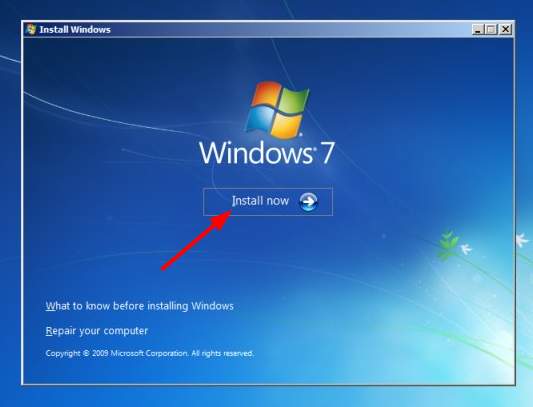
To conclude
In fact, once you encounter a Blue Screen of Death, you don’t have to worry. It is important for you to try to undo the current operation on your computer. On the other hand, there are various BSOD errors. There can be different solutions to different errors. You can note down the error codes and any other error messages that can reveal the sources of the problems. And you can search them on the Internet for useful information. If you have found that there are something wrong with your hardware, you should contact the manufacturers of your devices. They can offer you useful suggestions in this respect. 22
22 people found this helpful
6 Comments
Most Voted





